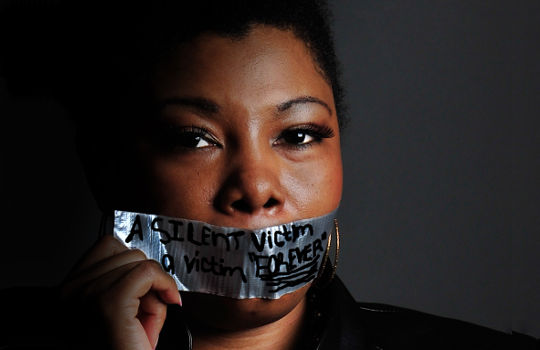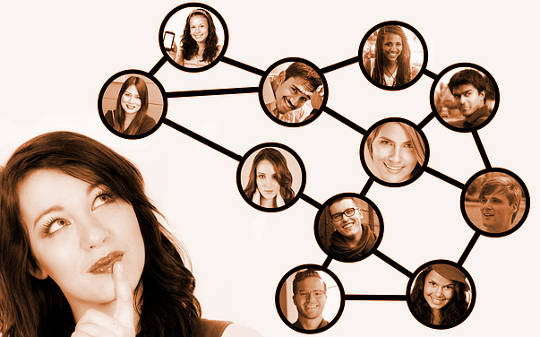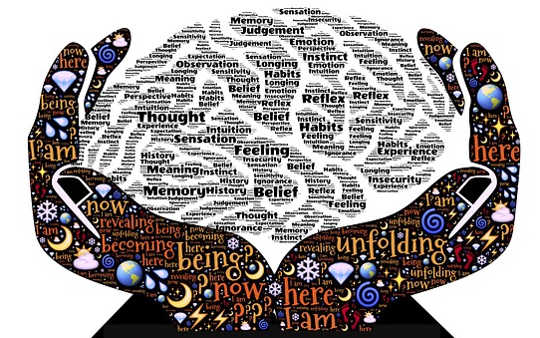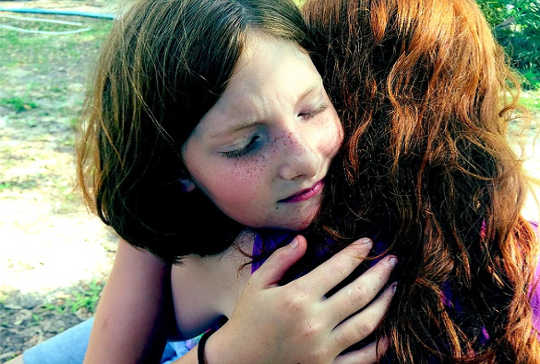
Whether or not diversity is a good thing is still a topic of much debate. Though many businesses tout the benefits of diversity, American political scientist Robert Putnam holds that diversity causes people to hunker down, creating mistrust in communities.

Most people would agree that connection is a basic human need. Yet these days, it can be hard to come by. Vivek Murthy, Surgeon General of the United States from 2014 to 2017, claims that “Loneliness is a growing health epidemic.”

People disagree all the time, but not all disagreements lead to the same levels of stress. Even though people can be passionate about their favorite sport teams, they can argue about which basketball team is the best without destroying friendships.

Professor Mary Beard’s latest book Women & Power: A Manifesto is a short, sharp analysis of women in the West and their ongoing struggles for a voice in the public domain.

Our facial expressions stem primarily from what we want out of social interactions, not our feelings, new research suggests.

Practicing the art of connection in small, seemingly insignificant everyday actions is the key to being able to utilize it when you’re confronting a challenge with someone at work or a crisis in any relationship. As you explore building rapport with cashiers, waiters, and others, you’ll be setting the stage for greater skill in building the relationships that matter the most...

This sentence begins the best article you will ever read. Chances are you thought that last statement might be sarcasm

In old age, many people experience a decline in their physical health, which can mean they are less confident about getting around and socialising as they used to.

To really love a man is to choose him over and over again. It’s not enough to say marriage vows one time, though that is certainly important. The relationship is deepened if you let him know often that you would choose him all over again if given the choice.

When people are sad they are often said to be “blue”. Jealousy is implied if someone is described as being “green with envy”.
- By Ellen Tadd

Telepathy is the language of communication in the spiritual realm. Imagine knowing the thoughts of all the people around you and having all your thoughts revealed without speaking. No one could manipulate or pretend to be other than who they are. All our motivations, fears, and loves would be exposed.
 Whether you’re speaking in your native tongue, or in another language, being understood and believed is fundamental to good communication. After all, a fact is a fact in any language, and a statement that is objectively true should just be considered true, whether presented to you in English, Chinese or Arabic.
Whether you’re speaking in your native tongue, or in another language, being understood and believed is fundamental to good communication. After all, a fact is a fact in any language, and a statement that is objectively true should just be considered true, whether presented to you in English, Chinese or Arabic.
- By Stuart Wilde
 I have come to believe, through watching the etheric state, that we are all in silent subliminal dialogue with each other. I've observed the flashes of energy that pass back and forth between people, and I've seen people react to thoughts that are projected toward them. Thoughts jump...
I have come to believe, through watching the etheric state, that we are all in silent subliminal dialogue with each other. I've observed the flashes of energy that pass back and forth between people, and I've seen people react to thoughts that are projected toward them. Thoughts jump...

One of the reasons we often don't speak out is that we feel hopeless about being heard. It's probably true that you haven't been heard in the past — by your parents, siblings, spouses, or friends — and so, there's a part of you that says...
 Do you have something important to say, but find it hard to get people’s attention? Or have you tried to listen to someone who claims to have something interesting to impart, but they can’t explain it and the idea gets lost? (Or worse, you get bored and lose interest, even if they’re trying to describe their revolutionary new laser shark).
Do you have something important to say, but find it hard to get people’s attention? Or have you tried to listen to someone who claims to have something interesting to impart, but they can’t explain it and the idea gets lost? (Or worse, you get bored and lose interest, even if they’re trying to describe their revolutionary new laser shark).
 When it comes to texting, the period, full stop, point – whatever you call it – has been getting a lot of attention. People have begun noticing slight changes to the way our smallest punctuation mark is deployed, from declarations that it’s going out of style to claims that it’s becoming angry.
When it comes to texting, the period, full stop, point – whatever you call it – has been getting a lot of attention. People have begun noticing slight changes to the way our smallest punctuation mark is deployed, from declarations that it’s going out of style to claims that it’s becoming angry.
 There's a huge difference between sympathy and empathy, between "I'm sorry" and "I've been there." It's not that sympathy is bad. It's just that empathy invites a connection that sympathy simply can't. Sympathy says, "I feel sorry for you." while empathy declares "I am you."
There's a huge difference between sympathy and empathy, between "I'm sorry" and "I've been there." It's not that sympathy is bad. It's just that empathy invites a connection that sympathy simply can't. Sympathy says, "I feel sorry for you." while empathy declares "I am you."

Sometimes, you just can't relate to your relatives. Whether it's sports, politics, or past events, gathering around a dinner table during the holiday season can be a daunting prospect.
 How does the mainstream Western research approach, characterized by the laboratory experiment, compare with an Indigenous approach? Danny Musqua, the Anishnabeq elder who is my spiritual father, tells a story about his Indigenous research effort.
How does the mainstream Western research approach, characterized by the laboratory experiment, compare with an Indigenous approach? Danny Musqua, the Anishnabeq elder who is my spiritual father, tells a story about his Indigenous research effort.
 American film director Judd Apatow once confessed to Stephen Colbert that he’d been mispronouncing his wife's name for nearly two decades. He’d been saying “Lez-lee”, while she pronounces it as “Less-lee”. When he asked her why she hadn’t corrected his mistake, she said she “thought he wouldn’t be able to make the adjustment”.
American film director Judd Apatow once confessed to Stephen Colbert that he’d been mispronouncing his wife's name for nearly two decades. He’d been saying “Lez-lee”, while she pronounces it as “Less-lee”. When he asked her why she hadn’t corrected his mistake, she said she “thought he wouldn’t be able to make the adjustment”.
 People discuss their problems with friends in the hope that they’ll gain some insight into how to solve them. How problems are discussed, though, can be the difference between halving a problem or doubling it.
People discuss their problems with friends in the hope that they’ll gain some insight into how to solve them. How problems are discussed, though, can be the difference between halving a problem or doubling it.

Can you be bold to love the world? Can you put your love for the world first? When you do, when it’s the real thing, you discover that “you” is not really “I,” it is “we.” Such a fundamental identity shift is disruptive and liberating.
















